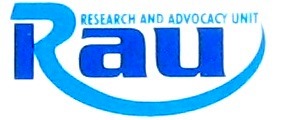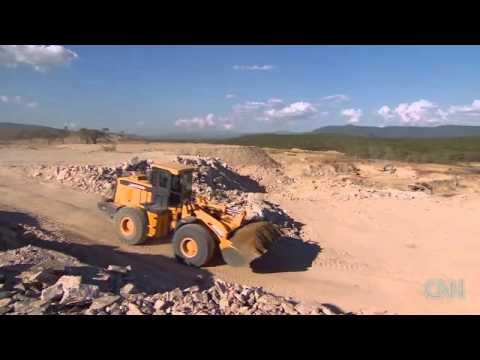SEVENTY NINE members of WOZA and two babies were arrested on 12 November and held at Bulawayo Central police station for staging a peaceful protest at the City Council Tower block where most Council workers are housed, to demand the provision of clean water to their homes. The protest was against the recurrent water shortages in Bulawayo. This is not the first time that WOZA women in Bulawayo have been targeted for the ‘heinous crime’ of staging a peaceful demonstration.
In a Press Statement issued by the organisation, WOZA reported that upon arrival at the Tower block council security guards immediately threatened to call the Riot Police which created increased tension. A senior council security officer then attended and promised that no Riot Police would be called. He then requested WOZA leaders Jennifer Williams and Magodonga Mahlangu to accompany him to see the Director of Water. On their way to the 6th floor where the Director’s office is located Riot Police swooped on the members assembled at the offices and arrested them. Initially 150 members were arrested as police swooped but 70 were refused entry into the police station. The 79 members remaining at the police station, including two infants, were released a few hours later ironically because there was no running water in the holding cells.
Bulawayo has been suffering with water shortages for decades with water, on average, only being delivered at most twice a week. Meanwhile the Matabeleland Zambezi Water Project (MZWP) has been left on the back burner with the ZANU-PF government and recently the Government of National Unity pleading poverty.
In another story recently reported in the Mail and Guardian, it was said that a conservative estimate of Two Billion United States Dollars has been siphoned off and plundered by Zimbabwe’s ruling elite from the diamond mines in Chiadzwa. Instead of enriching a few rapacious individuals this money would probably have been enough to resolve not only Bulawayo’s water woes by providing money for the implementation of the Matabeleland Zambezi Water Project but would help towards the restoration of the Health and Education Ministries too.
It is such a shame when those in whom power is vested forget who they should be serving.

